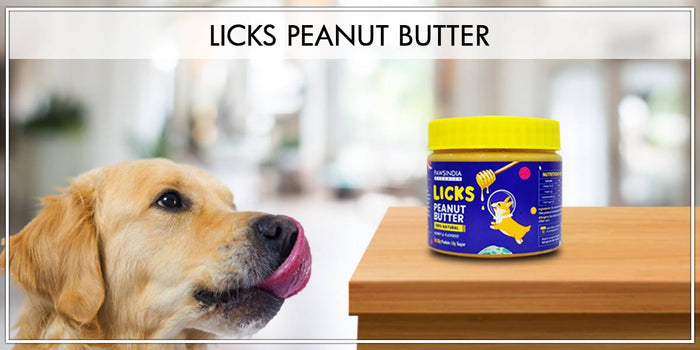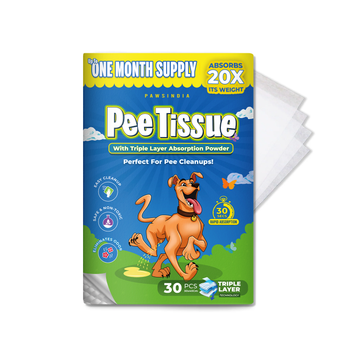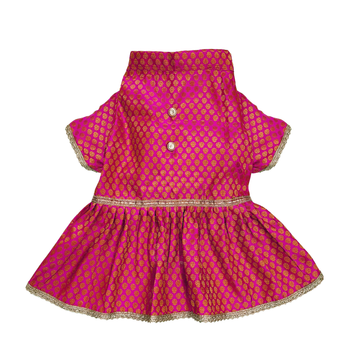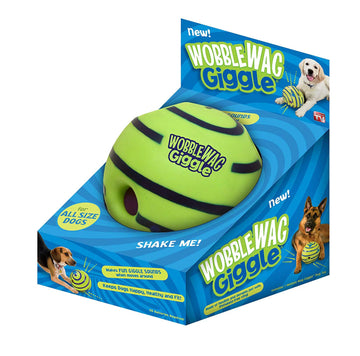10 Common Mistakes that Pet Parents Make.
When we consider pets as our children, we look forward to raising the best versions of them. We know you love your dogs, but nobody is perfect. We end up making several unconscious mistakes while raising these fur babies. Especially for first-time pet parents, it's very difficult considering the fact, they don't have much knowledge or experience. Educating yourself is the only way you can ensure optimum development. It is the key to enhancing the health, safety and well-being of these children.
For first-time dog parents, multiple teachings can help your dog adjust to their new life with you. There also exist a few things that can hinder that smooth transition! Being aware of the common mistakes first-time dog parents make lays the foundation for a well-trained dog.
When you get a new pet it's always exciting, especially if it is your first pet. But people seldom recognize the responsibility that a pet comes with. Raising a pet can be challenging and new pet owners may make mistakes that they may regret later. Just getting a pet isn't sufficient enough. With them comes a long list of items you need to possess. The list doesn't just include physical items but the necessary knowledge to care for a pet is essential as well. This list is created keeping in mind the mistakes pet parents make when raising their furry kids. It will help you better understand these mistakes and to avoid them!

-
Research is KEY: Pet parenting is not something that you start on a whim! There are a lot of things that need to be taken care of. You should consider all things before finalizing an adoption like whether pets are allowed in your home, or would you be able to handle their expenses. Also, you should probably do your research on what breed suits your home and lifestyle. Educating yourself beforehand is of utmost importance. New pet parents should be sure of their decision of adopting and not regret it later.

- Being unprepared for medical emergencies: Injury, accidents and illnesses and other health emergencies are bound to happen. Be prepared for that. You may not always be able to contact your regular vet for all problems. The majority of general practice veterinarians have just limited ability to provide preliminary emergency services. They transfer high emergency cases to local hospitals that are appropriately qualified to handle your pet's case. Be proactive and have a contingency plan in place to prevent any mishap if your dog gets sick or injured. Also, have a canine first aid kit handy, along with phone numbers for emergency veterinarians within the closest possible distance.
- Not giving much attention to their Nutrition: What a dog puts in their stomach contributes to their overall mood for the day. Eating healthy food is only going to help them in the long run. We know high-quality food is expensive but it can help maintain balanced nutrition. Research well and choose wisely for dog food made from whole meats and vegetables. Lesser the ingredients the better. Look for food that contains no artificial additives, preservatives, cheap fillers or by-products.
-
Inadequate servings of food: Proper nutrition comes from adequate portions size. Feeding improper amounts will cause your dog to either be obese or underweight. Work with your vet and come up with an appropriate diet plan for your furry child.

- Keeping them hydrated: Ensure that their bowl is filled with clean drinking water at all times. Increased exercise and rise in temperature can cause a dog to drink more water than usual and that is normal. But if the consumption of water is hampered and the reason is unknown, it can be the first sign of illness, such as diabetes or kidney problem.
- Lack of Discipline: Training your pets so they know the house rules is your job. Demonstrate the value of what behaviour is acceptable and what is not in their early stages of life. Just telling your pets once and expecting them to follow is not going to work at all. Be consistent with your rule of enforcement and do it in real-time so that your pet understands the rules. Dogs especially are disciplinary animals and live to abide by rules. Remember that treats and praise work wonders in the case of pets and can be great motivators if used in moderation as rewards.
- YOU are in charge: Always remember, you are the one in charge. While taking a walk, never let the dog walk you. You should be the one who's in command and not the other way around. Learn to command or assert dominance on your dog and not the other way around. Thousands of people get injured each year as a result of their dog pulling on the leash too hard. Your dog must be walking on your left side with its nose in line or slightly behind your left leg at all times.
-
Avoiding the Vet: If you're looking to avoid major, expensive medical problems curb them when your pets show early signs of illness. It is advisable to take your pets to a vet before their illness gets out of hand. Your vet is the only person capable to diagnose and treat ailments and recommend appropriate next steps to keep your pets happy and healthy.

- Expecting kids and new dogs to be friends: Kids and dogs get along great, no doubt in that. But when puppies or dogs are introduced to kids for the first time, it may lead to certain mishaps which are uncalled for. Kids may poke or push the dog to a limit where it makes them uncomfortable, irritating, nervous or even scared. To avoid that you as a pet parent should always be present for supervision.
- Alone time: Like humans, dogs too are social animals. Isn't that evident through their counterpart wolves who live and hunt in packs? Dogs need to be around other dogs or humans on a regular basis. Leaving them alone for longer periods of time on a daily basis is only going to worsen things. They may start showing undesirable behaviour to grab your attention such as eating, being destructive, becoming withdrawn or a host of other issues that can present themselves in a negative way. They are most prone to show signs of separation anxiety.
With much investigation have we landed on discussing just these 10 mistakes. This list isn't exhaustive at all and includes many more mistakes which can prove fatal in a pet's overall growth and development. With this writeup, we hope you as pet parents are able to recognize these mistakes in yourself or when you see someone else struggling with their pets and together work towards rectifying them.
Peanut Butter For Dogs : Is Peanut Butter good for Dogs?
You are not the only one whose dog magically appears every time you open a peanut butter jar. It happens...
on
PAWSINDIA ORGANICS
We at PawsIndia are on a mission to make the lives of pets better. Our tech-infused approach to products makes...
on


































